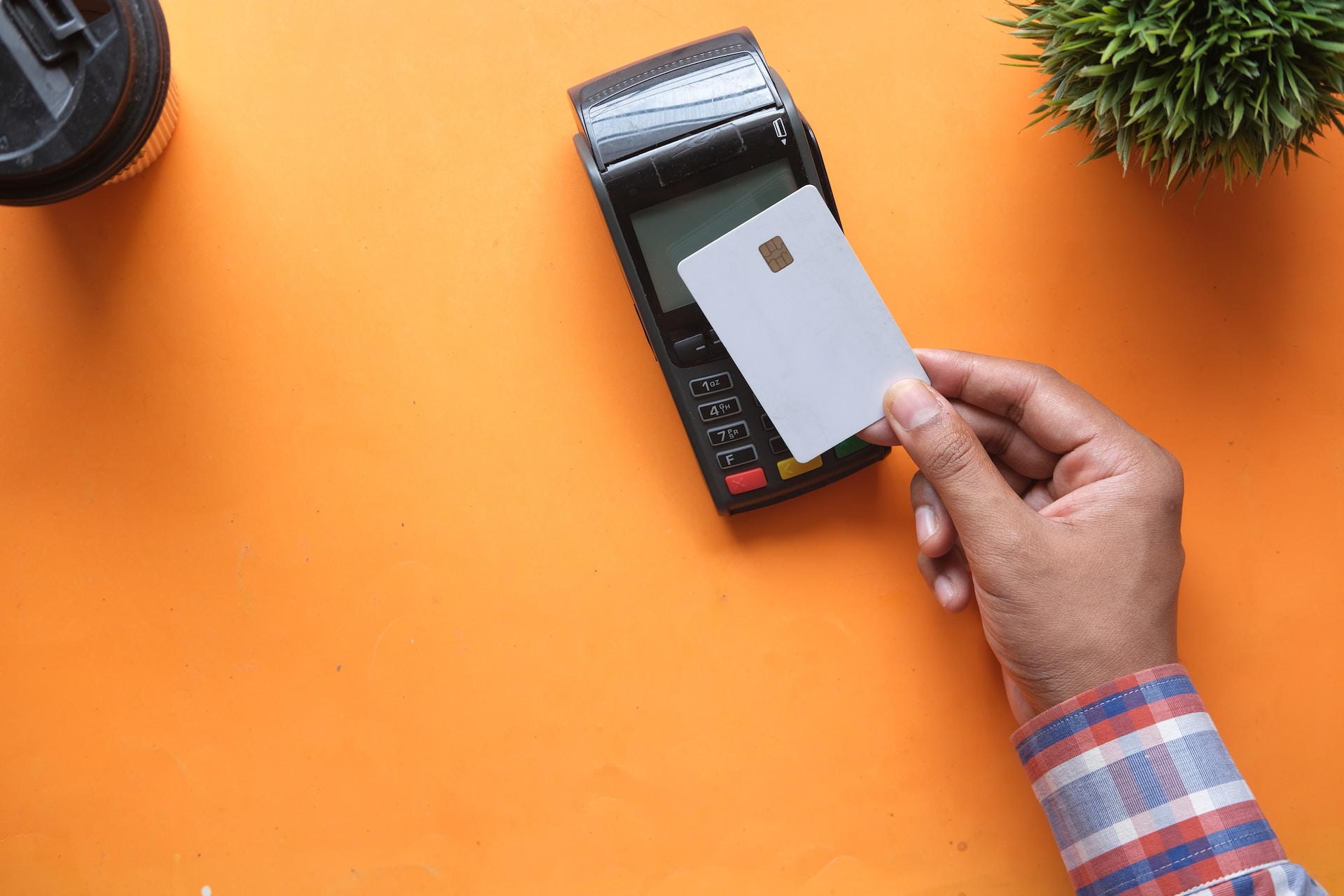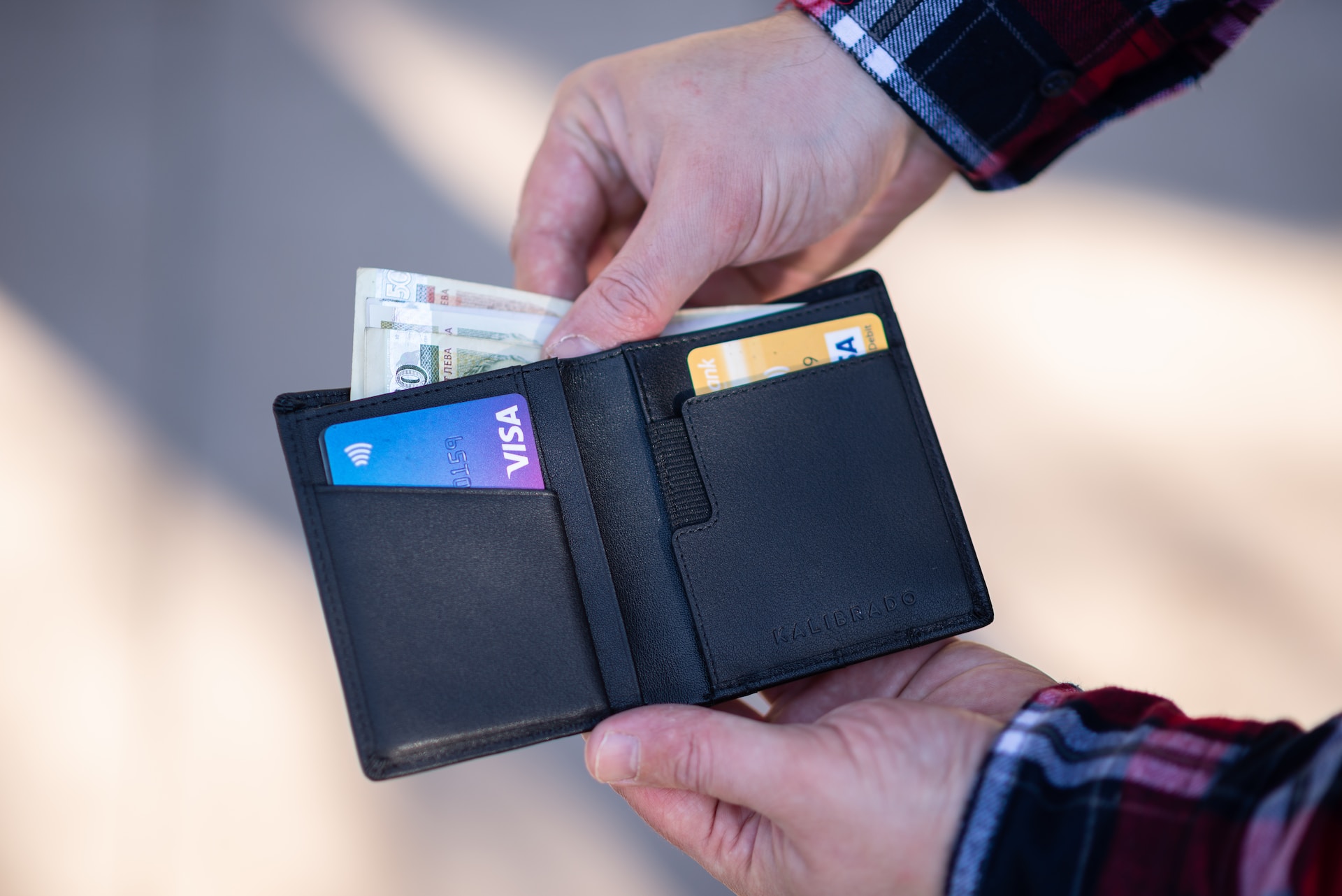Financial transactions have evolved considerably in recent years, with the emergence of innovative payment methods to facilitate commercial exchanges and optimize sales. Nowadays, it is essential for businesses to use modern and efficient payment solutions in order to meet consumer expectations and remain competitive in the market.
One of the most popular and revolutionary payment methods is mobile payment. Thanks to smartphones and dedicated applications, consumers can make payments in just a few clicks, without having to take out their bank card. This solution offers considerable time savings and a smoother purchasing experience. In addition, some applications offer additional features such as budget management and the possibility of creating prize pools with friends, which further strengthens the appeal of this payment method.
Another booming payment method is payment via social networks. Platforms such as Facebook, Instagram and Snapchat have developed features allowing users to make purchases directly from their social account. This solution has many advantages, including the ability for companies to directly target their audience and offer products in line with consumer tastes and preferences. In addition, it offers a simplified and intuitive purchasing experience, thus encouraging the act of purchasing.
A third innovative payment method is using electronic wallets. These apps allow consumers to pay for purchases online or in-store without having to use their credit card. Electronic wallets are secure and offer great flexibility, allowing users to store their banking information and use it securely during their various purchases. Additionally, these apps often offer loyalty features, such as rewards programs or exclusive offers, which incentivize consumers to use these payment methods.
Finally, cryptocurrencies are also revolutionizing financial transactions. These virtual currencies, such as Bitcoin or Ethereum, allow payments to be made quickly, securely and without an intermediary. Companies that accept cryptocurrencies as a means of payment benefit from a certain competitive advantage, by attracting customers who are adept at these new technologies and by facilitating international transactions. More and more merchants are integrating these payment methods, which is contributing to their mass adoption.

The environmental impact of digital transactions
As digital payment methods grow in popularity, one aspect that is often overlooked is the environmental impact of these transactions. All of these innovations undoubtedly offer many benefits in terms of convenience and efficiency, but they also have consequences for our environment.
To begin with, every transaction made requires energy. For example, data centers that host payment applications, e-wallets or cryptocurrency platforms consume vast amounts of electricity. If this electricity comes from non-renewable sources, it directly contributes to the overall carbon footprint.
Speaking of cryptocurrencies, the mining process – necessary to validate and add transactions to the blockchain – is particularly energy-intensive. Studies have shown that the carbon footprint of a single Bitcoin transaction can be equivalent to that of hundreds of thousands of credit card transactions.
But that’s not all. Smartphones, essential for mobile payments, have their own ecological footprint. Their manufacturing, transport and disposal generate significant CO2 emissions. Additionally, limited device lifespans, encouraged by rapid update cycles, mean we quickly fill landfills with obsolete devices.
However, there is a glimmer of hope. Many companies are aware of these challenges and are actively working to minimize their environmental impact. From data centers powered by renewable energy to smartphone recycling initiatives, efforts are being made to make the world of digital payments greener. Additionally, the move towards a cashless economy reduces the need to produce coins and notes, with all the associated environmental costs.
Optimizing security in modern financial transactions
In the wake of the rise of modern financial technologies, transaction security is becoming a major concern for both consumers and businesses. Innovations in digital payments have not only simplified transactions, but also opened up new avenues for cybercriminals. Thus, optimizing security is an essential necessity. In this section, we’ll explore how recent security trends can protect users and businesses from potential threats, while maintaining the fluidity and ease of use that characterize modern payments.
The adoption of advanced security protocols by payment platforms is crucial to ensure user trust. Businesses are increasingly turning to technologies such as biometric authentication, which uses unique characteristics such as fingerprints or facial recognition to verify users’ identities. This measure not only enhances security but also provides a simplified user experience, eliminating the need to remember complex passwords.
At the same time, cutting-edge encryption technologies play a vital role in securing online financial transactions. They help ensure that sensitive data, such as credit card information, is transmitted securely, making it almost impossible for malicious third parties to intercept it. Businesses need to ensure their systems are regularly updated to counter new and emerging threats.
To complement these technical security measures, proactive consumer education on security best practices is also essential. Businesses must take the initiative to inform their customers about potential risks and the steps they can take to protect themselves. For example, encouraging consumers to be vigilant against phishing attempts and to use unique, complex passwords for their online accounts.
As financial transactions continue to evolve at a rapid pace, implementing robust and scalable security strategies is more important than ever. Companies that successfully balance innovation and security will be the ones that thrive in the modern financial landscape, earning the trust and loyalty of customers increasingly aware of the importance of security in the digital world.













